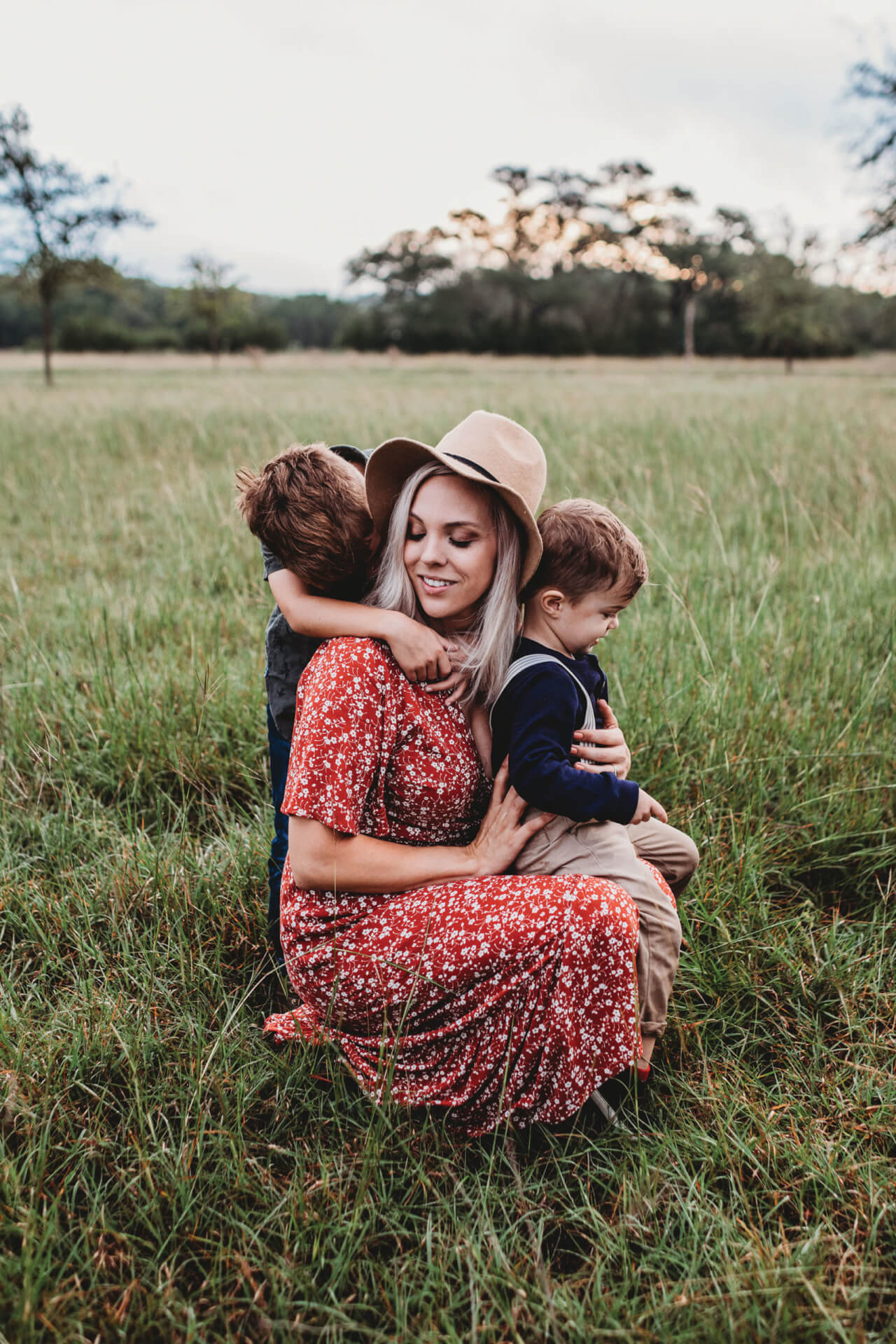
The art of making & preserving memories of the beautiful ordinary.
As a parent, you are the memory keeper. For the rest of your life your children will turn to you to remind them of the funny, cute and annoying things they’ve done. But what if sleep deprivation makes the details fuzzy? Can your baby remember? It’s an over-simplification to say that children aren’t capable of remembering anything before three years old, says registered psychologist Rachel Tomlinson. “Research is saying that very young children remember, but these memories often fade. Mainly because as children we don’t yet have enough knowledge or skill to add language or understanding, which gives the memory meaning or context. So, our brains either can’t accurately recall the memories at a later date, or our brains don’t retain the memories as they aren’t meaningful.”
But we as parents are capable of creating meaning and recording moments in our long-term memories – making us both the architects and the keepers of our children’s early biographical moments. However, it’s important to note that just because your toddler isn’t necessarily storing memories, they are capable of forming emotional and implicit memories based on their daily life, Tomlinson reminds. This means that while your baby may never remember the week you spent holding him while he cried through the pain of teething, a part of him is recording the feeling of being soothed and loved. Our hearts remember what our brains have forgotten.
Remembering the beautiful ordinary
What if you want to remember more of your child’s early years? Your best bet is to pay close attention to happy moments as they arise says Meik Wiking, CEO of The Happiness Research Institute and author of The Art of Making Memories. If we aren’t present (and we can’t be 100 percent of the time), we miss the opportunity to lock down the heartwarming moments of everyday life with children. Our kids – so joyfully unpredictable – can turn dull days around with a sparkling, offbeat remark or a silly gesture. And it is these times that we often ache to reclaim when they’ve become adults.
If you’d like to be mindful enough to form a memory, Wiking advises engaging your senses. Notice the colours, feel the temperature on your skin, taste the ice cream on your tongue, light up your olfactory senses with that delicious newborn smell. Give the same attention to playtime as you would to a first date and your brain is more likely to signal the moment as important… and save it for later!
Creating the exciting extraordinary
One of the biggest tools you have in your memory arsenal, Wiking says, is your emotions. Think of your feelings as a highlighter pen. The bigger the emotion, the more fluorescently it’s highlighted in the treasure trove of your memories – that’s why your wedding day or the first time you held your newborn child is so unforgettable. The more novel, fun or meaningful an event or activity is, the more likely you (and your kids) are to remember it.
Knowing this, you can harness your emotions’ effect on memories when planning family time. When making weekend plans, look for activities that create the biggest sense of joy, fun or adventure. If the decision is between housework and a picnic to the beach, perform what Wiking calls the ‘Ten Years’ Time Test’ and choose the activity you’re most likely to recall a decade from now. Even misadventures (getting lost, blowing a tyre) can prove rich fodder and points of connection for family in years to come.
What’s a picture really worth? Modern parents are quick to snap a photo – we have the privilege of being able to capture more of our child’s life than ever before. But if a picture is worth a thousand words, and according to estimates there are over one trillion photos snapped per year, do we even need our memories anymore?
Photographs – something you used to sit on your grandparent’s knee and look at while they regaled you with anecdotes of family life – have become a passive experience. We point and click and then forget, trusting digital storage to caretake this precious archive of our lives. But what happens if the cloud fails?
Tomlinson suggests journalling important moments or ensuring you re-tell a story later in the day to a partner or friend. “You might even narrate to your child what has happened in the day (a re-cap if you will) which will be a bonding moment and potentially a learning opportunity for your little one to help them make meaning of their day as they grow,” she says.
You can also consider reviving the printed family photo album for extra memory benefits. Use an easy online service to have your favourite pictures printed and spend time together reminiscing as a family. Pause on the images that catch your attention as you tell stories and share your feelings together. This can be especially helpful for new parents, looking for a way to cement the details that sleep deprivation blurs.
Most importantly, after you’ve taken that Insta-worthy snap, consciously put down your phone and breathe in deep these fleeting moments of childhood. These are scenes from the movie of your life that you’ll play on repeat as you too grow old. And if you find, in retrospect, parenthood has made your memory patchy, take heart knowing that even if the details are no longer with you, the love always will be.























